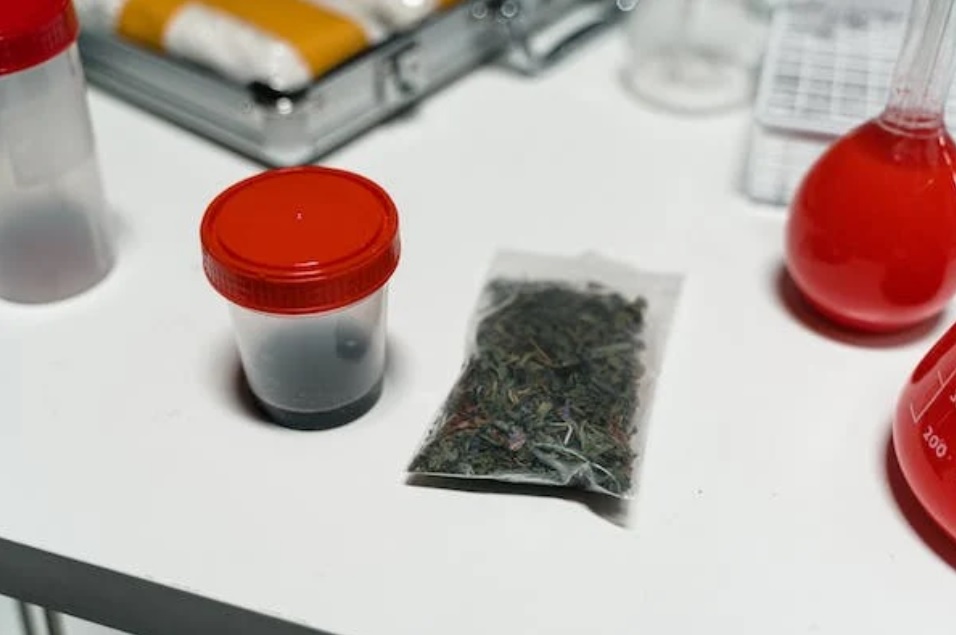The quest to buy CBD oil in Canada has become a hot topic, navigating a legality, quality, and access labyrinth. While the charm of this therapeutic compound has bewitched many Canadians, understanding its legal status remains a grey area for many. This enigmatic character of CBD oil is intriguing, presenting an exciting paradox within the realm of Canadian law.
Are you curious, intrigued, or wondering where to buy CBD oil in Canada and its legal contours? Our article dives into the heart of this issue, aiming to debunk myths, clarify ambiguities, and offer an enlightening perspective on the matter. Stay with us as we delve into Canada’s multifaceted world of CBD oil.
History of Cannabis Laws in Canada
In the late 19th century, cannabis was legally accessible in Canada. However, its status changed drastically in 1923, when it was banned. For years thereafter, Canada had stringent laws against cannabis use and possession, encompassing CBD oil.
However, the dawn of the 21st century saw a shift in this perspective. In 2001, Canada became the first country to legalize the medicinal use of marijuana under the Marihuana for Medical Purposes Regulations (MMPR). This marked a significant change in the perception of cannabis and its derived products, paving the way for future legislation changes.
The Cannabis Act and Its Implications
In October 2018, Canada passed the Cannabis Act, becoming the second country globally to legalize recreational cannabis nationwide after Uruguay. The act primarily focuses on keeping cannabis from minors and profits away from criminals.
The Cannabis Act regulates the production, distribution, sale, and possession of cannabis in Canada. It places CBD oil under the same legal framework as all cannabis products, meaning that this act regulates the sale, production, distribution, and possession of CBD oil.
Understanding CBD Oil and Its Benefits
To gain insight into the legal status of CBD oil, it’s crucial to comprehend its nature and
health benefits of CBD oil. CBD, a cannabinoid in the cannabis plant, is distinct from THC because it doesn’t produce intoxication or feeling “high.” CBD interacts with the body’s endocannabinoid system and can alleviate various conditions, including pain, anxiety, and inflammation.
Legal Status of CBD Oil in Canada
As per the Cannabis Act, CBD oil is legal in Canada. However, the act also puts some restrictions in place. Authorized retailers must sell CBD products, and their THC content—the psychoactive compound in cannabis—must be below 0.3%. Products exceeding this limit or sold by unauthorized vendors are considered illegal.
Moreover, specific provinces and territories may have additional laws and regulations concerning CBD oil, so it’s crucial for residents to be aware of their local laws.
Rules for CBD Oil Purchase, Possession, and Use

Under the Cannabis Act, both recreational and medicinal use of CBD oil is allowed. To obtain medicinal cannabis or a prescription for CBD oil, it is recommended that you consult with a medical professional. Here are some important rules to keep in mind:
Age Limit:
The legal age to purchase and consume CBD oil varies by province and territory, usually aligning with the legal drinking age, either 18 or 19 years old.
Purchasing CBD Oil:
CBD products can be bought from authorized retailers regulated by provinces and territories. Some provinces also allow online purchases.
Possession Limits:
Adults can possess up to 30 grams of legal cannabis in public, dried or equivalent in non-dried form.
Growing Cannabis at Home:
In most of Canada, adults can grow up to 4 cannabis plants per residence for personal use from legally acquired seeds or seedlings.
Medicinal Use:
For therapeutic use, the patient must obtain a prescription from a healthcare practitioner and acquire CBD oil from a licensed seller.
Possible Future Changes in Legislation
It’s hard to predict the exact changes in cannabis laws that could happen. However, there are some general trends and possibilities we could consider:
More Research-Based Regulations:
As more research is conducted on cannabis and CBD oil, there may be changes in the legislation based on new findings. This could affect dosage recommendations, restrictions on methods of use, or product quality and safety requirements.
Guidelines on CBD in Food and Drinks:
As of 2021, there are still some ambiguities in the law regarding adding CBD oil to food and drinks. Future legislation might provide more clarity on this, which could open up new markets for CBD-infused products.
Refining of Licensing Process:
The process to become a licensed producer or retailer of cannabis products in Canada is complex. There could be changes to simplify this process or to ensure more rigorous checks for product quality.
International Travel Regulations:
Currently, traveling across borders with CBD oil, even for medical use, is illegal. As more countries legalize cannabis, international agreements could allow for the legal transport of CBD oil for personal use.
Legal Protections for Users:
There may also be further laws to protect the rights of people who use cannabis for medical reasons. This could include protections against discrimination in areas such as employment or housing.
Conclusion
The legal landscape of CBD oil in Canada has evolved significantly over the past decades, and it continues to do so. Today, CBD oil is permitted under certain conditions, and Canadians must adhere to the laws and guidelines when buying, possessing, and using CBD oil. As this field continues to evolve, staying informed of the current laws is crucial for both users and potential users of CBD products.
